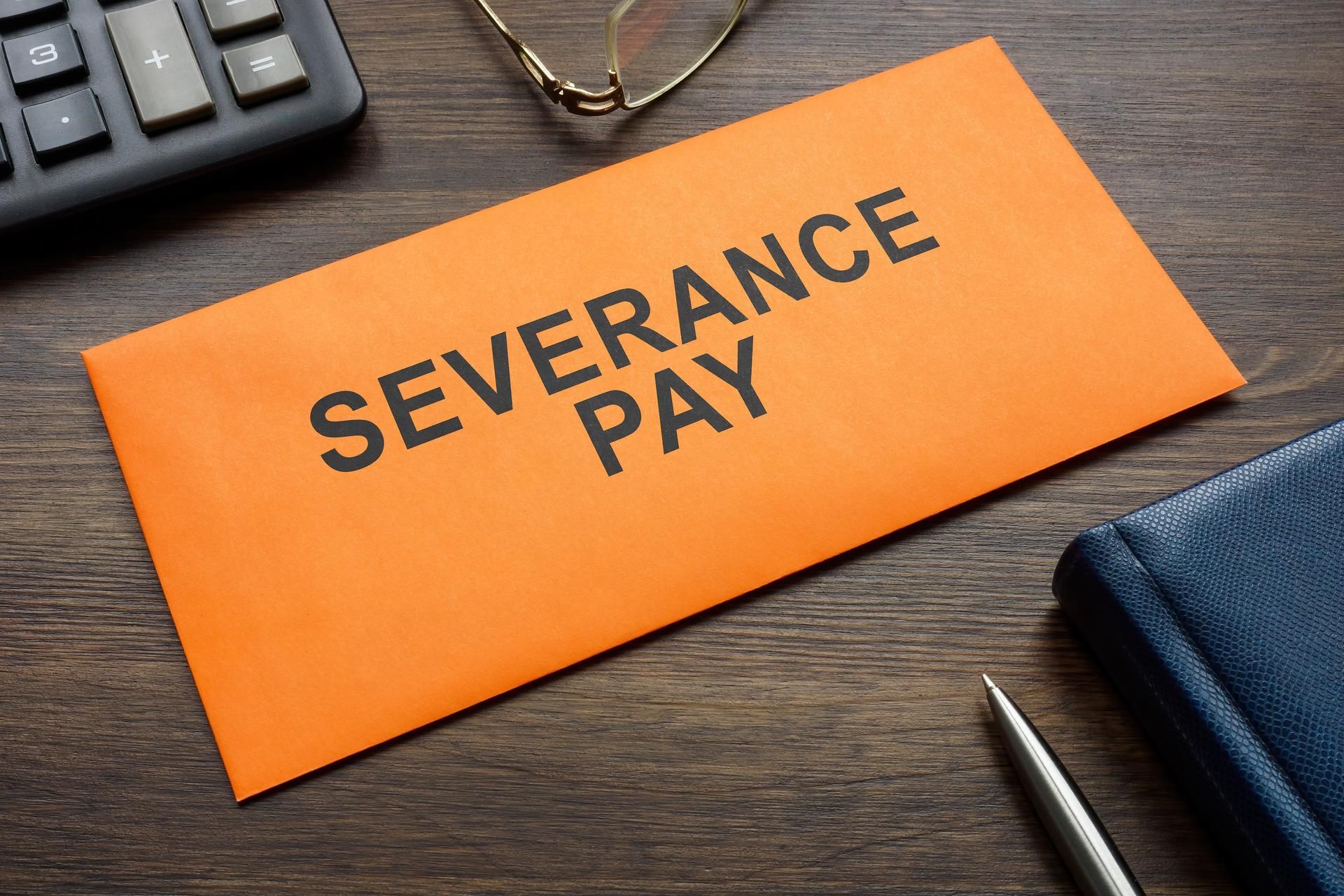Understanding Your Right To Take Medical Leave From Work

Navigating the complexities of medical leave can be challenging for employees who need to focus on their health. This blog aims to clarify your rights to take medical leave from work and provide guidance on what steps to take if your leave is denied or if you face negative consequences as a result of taking leave. Knowing your legal rights and understanding how to protect yourself can empower you to maintain your well-being while securing your job stability.
The Basics of Medical Leave
The Family and Medical Leave Act (FMLA) allows qualified employees to take up to 12 weeks of unpaid leave per year for certain medical and family reasons while protecting their jobs. To be eligible, you must work for a covered employer, which includes public agencies, public and private elementary and secondary schools, and companies with 50 or more employees within the radius of the company. Moreover, you must have worked for the employer for at least 12 months and have clocked in at least 1,250 hours over the past 12 months.
Reasons for Taking Medical Leave
Medical leave can be taken for various qualifying reasons that ensure your health and well-being or that of your family. These include serious health conditions that make you unable to perform your job duties, caring for an immediate family member with a serious health condition, and the birth and care of a newborn or newly adopted child. Understanding these qualifying events can help you determine whether you are eligible for FMLA leave and how best to communicate your situation to your employer.
What to Do If Your Leave Is Denied
If your request for medical leave is denied, it is crucial to understand the reasons behind it and assess whether the denial was lawful. Begin by reviewing your employer's written policies on FMLA and other leave provisions. Ensure that you meet all eligibility criteria and that your reason for leave is a qualifying event under the FMLA. If you've confirmed that your leave should indeed be covered under FMLA but was wrongfully denied, it's advisable to seek assistance from a qualified attorney who specializes in employment law so you can take legal action.
Handling Negative Consequences of Taking Leave
Experiencing retaliation or facing negative consequences for taking medical leave can be distressing. Retaliation can include demotion, reduction in hours, alterations in job duties, or even termination. If you believe you are being retaliated against for lawfully taking FMLA leave, it's crucial to gather documentation that supports your claim. This can include emails, notes from meetings, and any other written or recorded evidence that can substantiate your case.
Legal Recourse and Seeking Support
Having the support of an experienced attorney can be invaluable when facing challenges with medical leave. Should your employer take adverse action against you for taking leave, your attorney can advise you on the best course of action. This might include filing a complaint with the U.S. Department of Labor's Wage and Hour Division or pursuing a private lawsuit. With their expertise, attorneys can help ensure that your rights are protected and that you receive the medical leave entitled to you under the law.
Understanding your rights to medical leave is essential to protecting your health and job security. If your leave is denied, or you face negative repercussions for taking it, taking the appropriate steps by seeking legal guidance can help you address the situation effectively. Remember, you do not have to navigate these complexities alone. Expert support from attorneys can provide the practical and authoritative guidance needed to safeguard your rights. Contact Attorney Allen D. Arnold to learn more about your medical leave rights.
Alabama Rules of Professional Conduct Notice: No Representation is made that the quality of legal services offered is greater than that of other lawyers. The information contained on this website is not a substitute for legal advice, and reading it does not create an attorney-client relationship.
Alabama Rules of Professional Conduct Notice: No Representation is made that the quality of legal services offered is greater than that of other lawyers. The information contained on this website is not a substitute for legal advice, and reading it does not create an attorney-client relationship.









